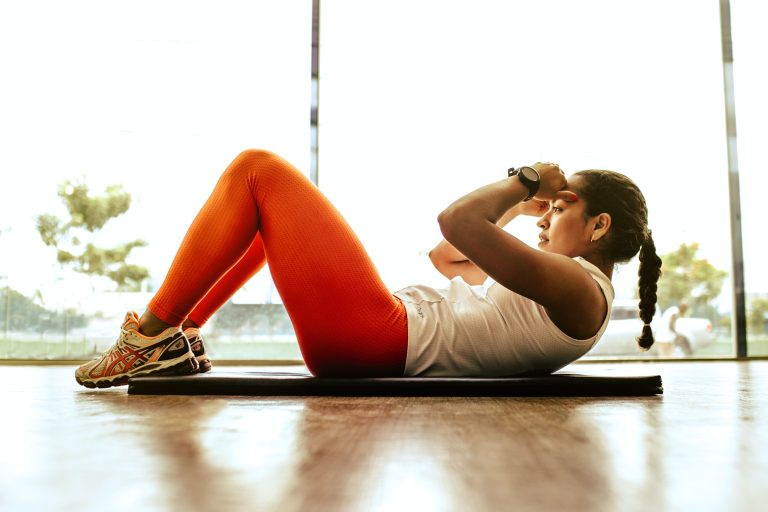

How Physiotherapy can help you achieve your New Year’s fitness goals
With the start of January often comes New Year’s resolutions, with fitness goals a priority for many. While enthusiasm runs high at the start of
Burleigh Heads 07 5535 5218
Broadbeach 07 5539 8830


With the start of January often comes New Year’s resolutions, with fitness goals a priority for many. While enthusiasm runs high at the start of
As always please note that the principles presented here may not be suitable for all clients, always take advice from your health professional who know
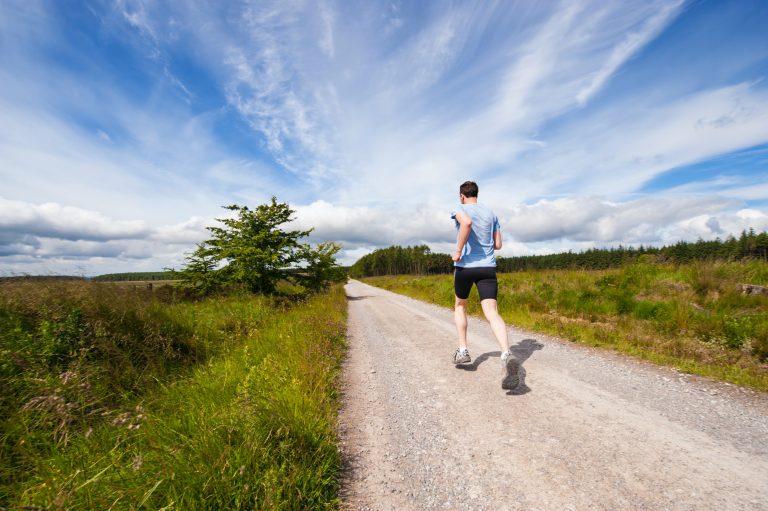

Recently, our physiotherapist Taha completed an extensive course run by Greg Lehman (MSc,DC, MScPT), a Canadian researcher with a special interest in reconciling pain science,


When it comes to achieving optimal recovery, we often focus on exercise, therapy, and nutrition. However, there is another critical factor that can significantly impact
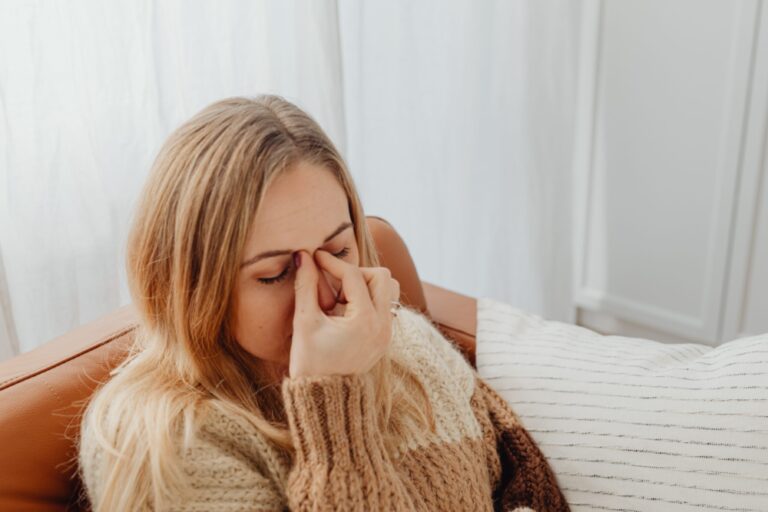

If you are feeling congested and stuffy after getting over a cold/virus or maybe from environmental factors, sometimes gentle massage through the face can alleviate
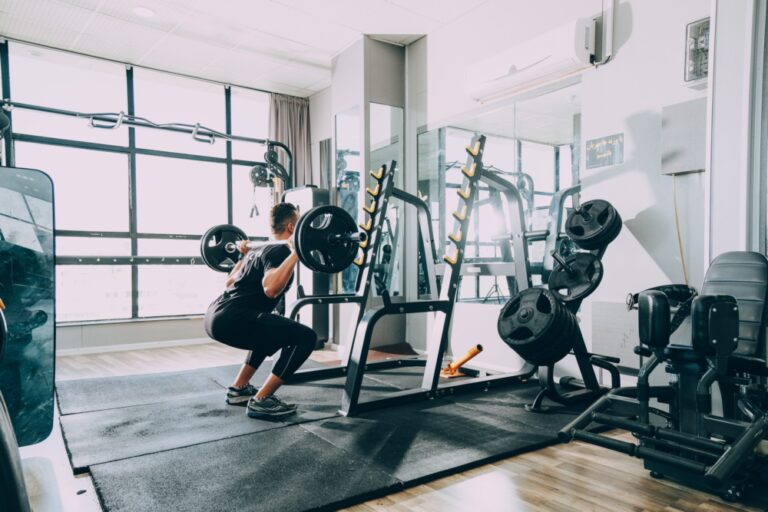

Starting a new strength and conditioning program can be intimidating, but the benefits to your general health and sporting ability are vast. Whether you are
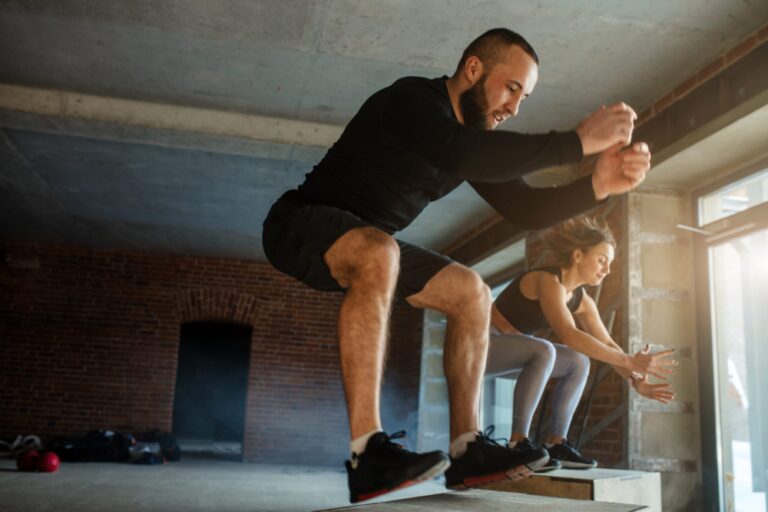

Anterior Cruciate Ligament injuries (ACL) are usually considered devastating to athletes, with the average recovery taking at least 9 months as well as an associated
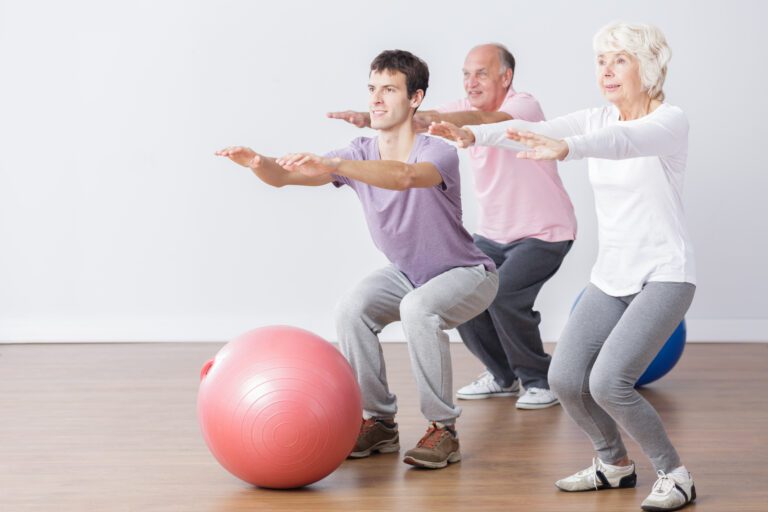

Recently we have started offering a new treatment option for those dealing with knee and hip pain. Some great results are already coming through so
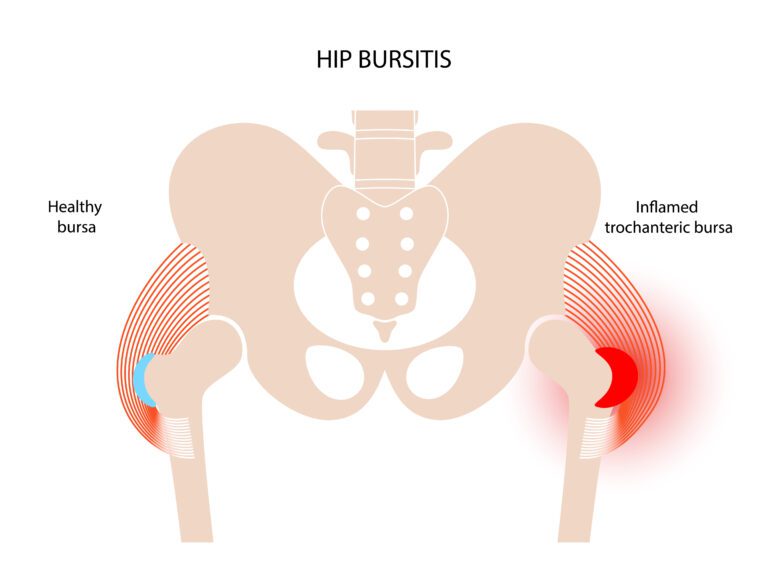

The more accurate name for this pain at the side of your hip is gluteal tendinopathy (+/- trochanteric bursitis, aka greater trochanteric pain syndrome). Trochanteric
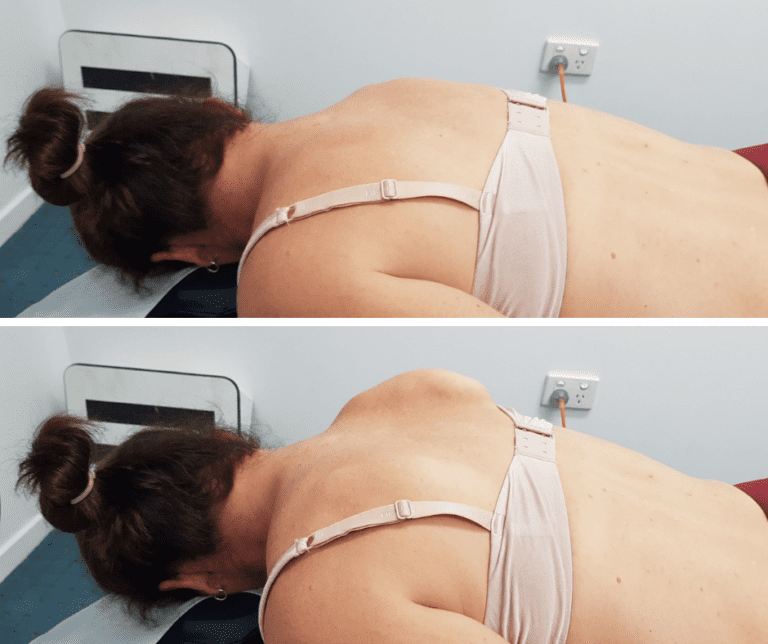

What is Neuralgic amyotrophy? Neuralgic amyotrophy (NA) was first described by Feinberg in 1897. Patients present with sudden-onset pain in the shoulder region, followed by












We are “Members Choice” and “Members First” provider physiotherapists (at our Broadbeach clinic), for Medibank Private and BUPA, respectively.
This means that you have less out of pocket expenses for your treatment.